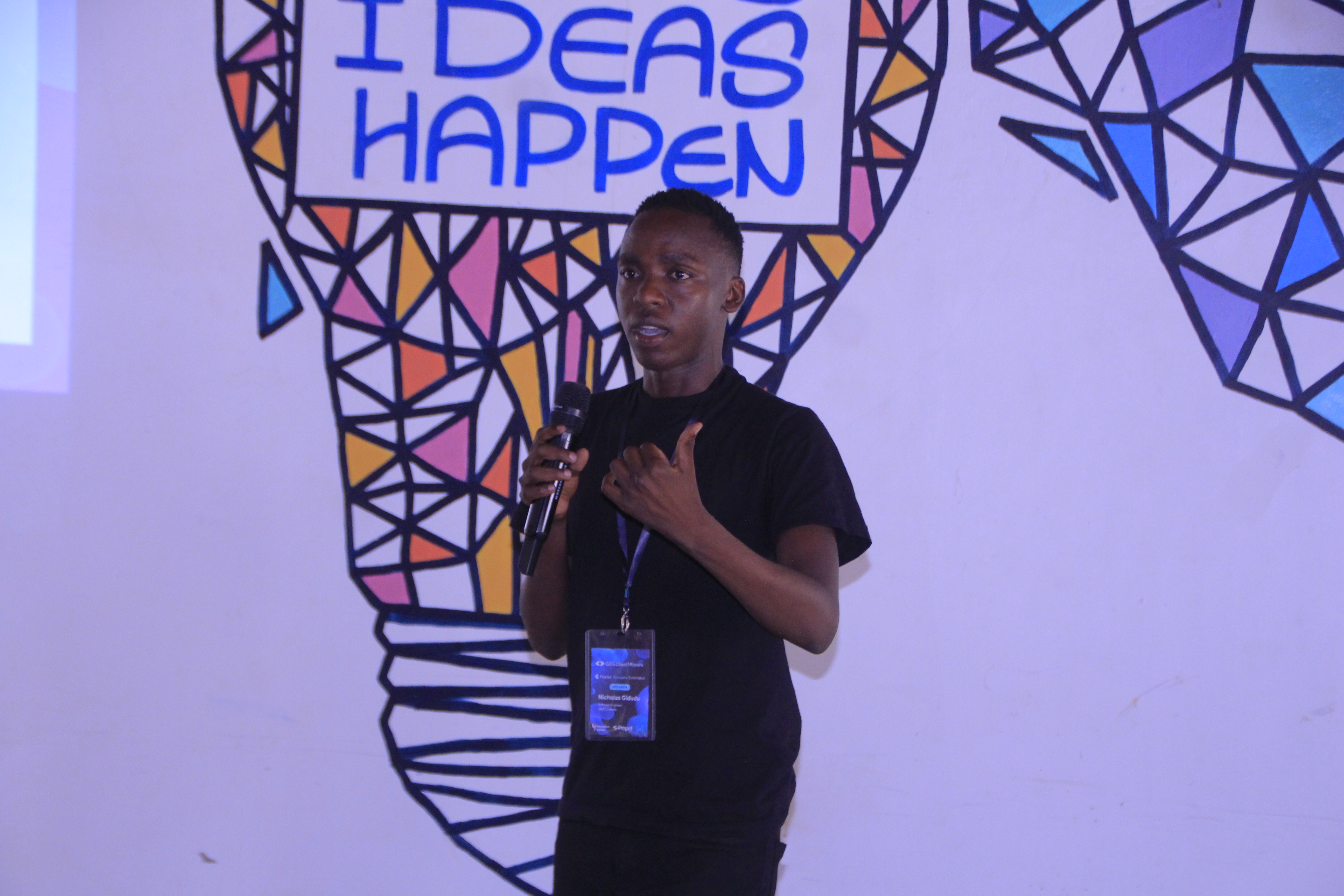Preventing Memory Leaks in Flutter Apps: Essential Tips
 Gidudu Nicholas
Gidudu Nicholas
What is a Memory Leak in Flutter?
Think of your Flutter app as a workspace. Over time, if you don’t clear out old papers and materials, your desk gets cluttered and difficult to work at. A memory leak is like that — it occurs when your app continues to hold onto some data or object that it no longer requires. This overcrowding can bog down your app and cause it to crash over time.
Why do memory leaks occur in Flutter?
Here are a few common culprits that could lead to memory
Unclosed StreamSubscriptions
Listening to data streams is like opening a door to receive updates. But if you forget to close that door when you’re done, it remains open — and the resources continue to flow.StreamSubscription? _subscription; _subscription = myStream.listen((event) { // handle event });Undisposed Controllers
Controllers (like TextEditingController, AnimationController, or even ScrollController) can come in real handy, but if you don’t get them to go home when you don’t need them anymore, they’re still hanging around.final controller = TextEditingController(); @override void dispose() { controller.dispose(); // Very important super.dispose(); }Improper Use of GlobalKeys
GlobalKey is a handy tool for maintaining state and controlling widget behavior. However, using them too often or incorrectly is like tying a widget down—preventing it from being cleaned up when it should be.
Retaining the widgets or built context
We sometimes inadvertently keep widgets (or their contexts, for example, by placing them in global variables) long after we’re supposed to let them go. It’s like hanging onto an outdated, useless citation that takes up space in head.
Global State or An Overabundance of Singletons or Static Variables
Singletons and static variables are so convenient for sharing data but if they are not managed attentively enough, you may find they tend to hoard a lot of data that are not needed after some point.
✅ Keeping Your App Lean: Best Practices
Here are some everyday tips to help you keep your Flutter app healthy and free of memory leaks:
1. Dispose Resources Properly
Always clean up after yourself. For stateful widgets, override the dispose() method to properly cancel subscriptions, shut down controllers, and stop any timers.
@override
void dispose() {
_controller.dispose();
_subscription.cancel();
_timer?.cancel();
super.dispose();
}
2. Use StatefulWidget Responsibly
Only keep the data you truly need within your widget’s state. The less unnecessary data you hang onto, the smoother your app will run.
3. Handle BuildContext with Care
Don’t save a BuildContext for later use. When you need to perform an action using the context (like navigating or showing a dialog), first check that the widget is still active:
if (mounted) {
Navigator.of(context).pop();
}
4. Limit Use of GlobalKeys
Only use a GlobalKey when absolutely necessary. In many cases, alternatives like InheritedWidget, Provider, or simple callback functions can serve your purposes without risking memory leaks.
5. Manage Dependencies Diligently
If you’re using dependency management tools like Provider, Riverpod, or GetIt, make sure that any objects you provide or inject are also properly cleaned up when they’re no longer needed.
6. Profile Your App
Take some time to periodically review your app’s memory usage:
Memory Tab in Flutter DevTools: Check which objects are being allocated.
Leaks Tab: Look for objects that are not being released.
Performance Tab: Monitor your app’s overall performance over time.
🛠 Tools to Detect and Debug Memory Leaks
Flutter DevTools (Memory tab): Examine allocation stacks, heap snapshots.
Leak Tracker: A Dart package to track and alert on memory leaks during tests.
Dart Observatory (VM Tools): For low-level memory profiling.
📚 Summary
| Issue | Fix |
| Unclosed StreamSubscription | Cancel in dispose() |
| Undisposed Controllers | Dispose in dispose() |
| Retained BuildContext | Do not store or use it after mounted == false |
| Overused GlobalKeys | Use only when necessary |
| Singleton holding references | Clean up manually or use weak references if applicable |
Subscribe to my newsletter
Read articles from Gidudu Nicholas directly inside your inbox. Subscribe to the newsletter, and don't miss out.
Written by

Gidudu Nicholas
Gidudu Nicholas
Hello, I am a senior Flutter developer with vast experience in crafting mobile applications. I am a seasoned community organizer with vast experience in launching and building Google Developer communities under GDG Bugiri Uganda and Flutter Kampala.